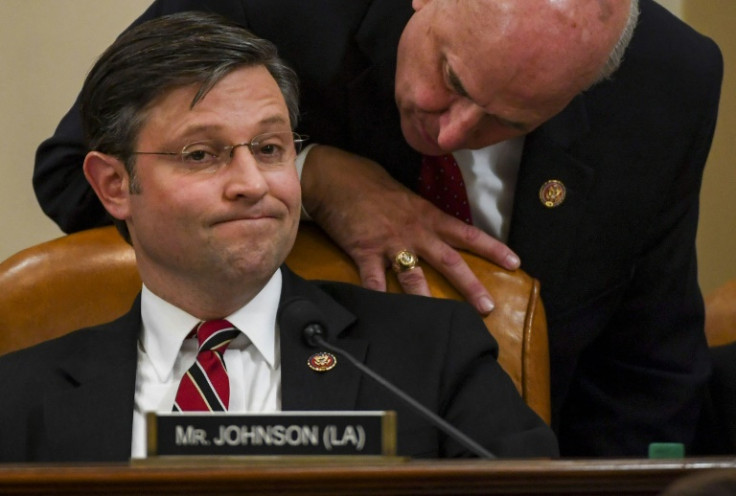
House Democrats are growing increasingly frustrated with Speaker Mike Johnson as they urge him to disregard calls from hardliners pushing for a government shutdown.
The urgency stems from the looming Friday deadline, creating a stark need for a resolution on funding legislation to avoid a partial government shutdown.
Democrats assert that the opportunity to avert a partial shutdown is rapidly diminishing unless Congress agrees on funding legislation.
"The odds of a government shutdown go up every hour that we don't see legislative text for a budget vote," cautioned Rep. Wiley Nickel (D-N.C.), as reported by Axios.
Key figures among the Democrats are vocal about the need for swift action. Centrist Rep. Greg Landsman (D-Ohio) stressed, "It's literally up to one person, the Speaker, and whether he'll ignore his far-right obstructionist members and let us vote on them." Landsman added, "The Speaker has a day or two to decide who comes first: the country or Chip Roy."
Rep. Steve Cohen (D-Tenn.) voiced a plea for leadership, asserting that Johnson "needs to lead the United States Congress, not the Trump Congress."
With only three days remaining for Johnson to pass the necessary appropriations bills to avert a shutdown, the pressure is on. Johnson is hesitant to resort to another temporary spending measure and is facing calls from conservatives to take a more hardline approach to secure spending cuts and conservative policy riders.
Despite the challenges, Johnson expressed optimism following a White House meeting, describing the discussions as "intense." However, Democratic lawmakers remain skeptical about the possibility of avoiding a shutdown. Cohen remarked, "Unfortunately, I think the odds are better than 50-50 that [we will] have a shutdown based on Speaker Johnson's track record."
Top US lawmakers are working diligently to avert a partial government shutdown ahead of the looming Friday deadline for funding approval. Johnson expressed optimism, stating, "We will get the government funded."
However, the budget negotiations between Democrats and Republicans have been challenging, particularly concerning border security and aid to Ukraine.
The House, controlled by a slim Republican majority, and the Senate, held by Democrats with a single-seat margin, require bipartisan agreement to advance spending bills to President Joe Biden's desk.
If no deal is reached, certain government departments—such as those overseeing agriculture, transportation, and veterans affairs—will temporarily close by the end of Friday. Additionally, defense spending, Homeland Security, and State Department budgets will run out on March 8.







